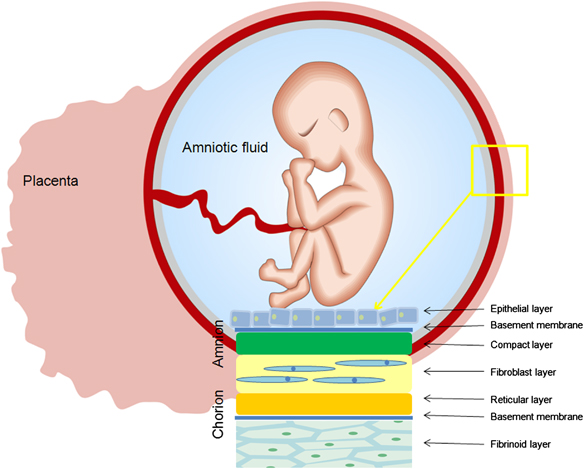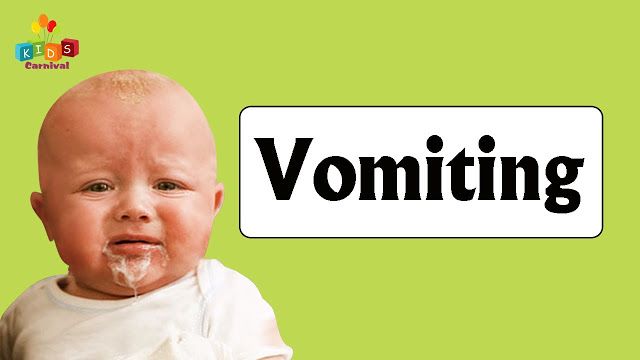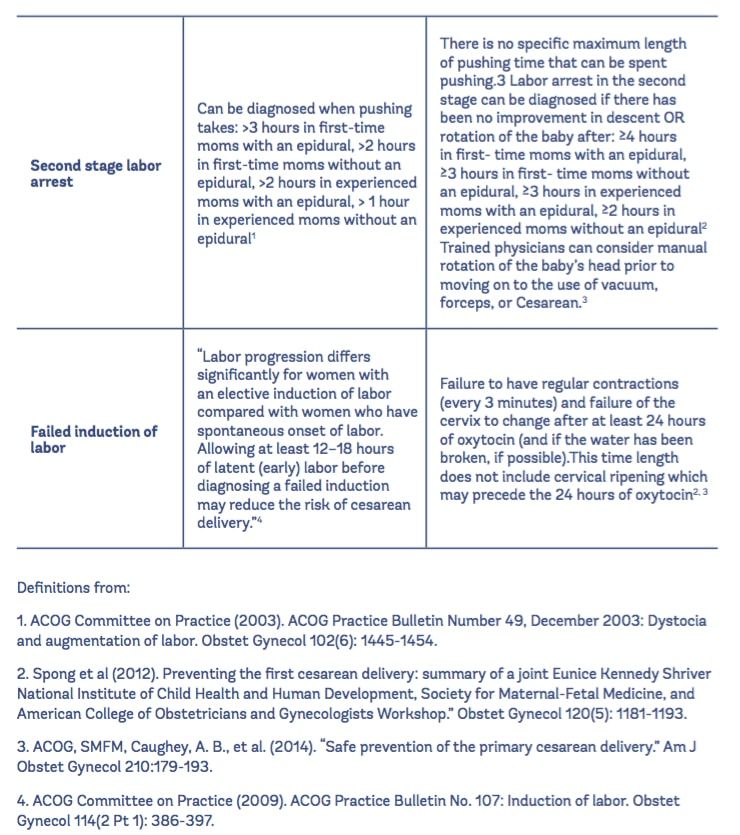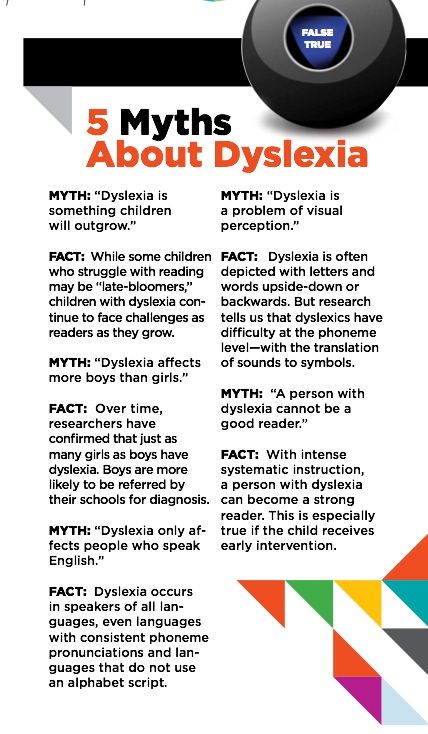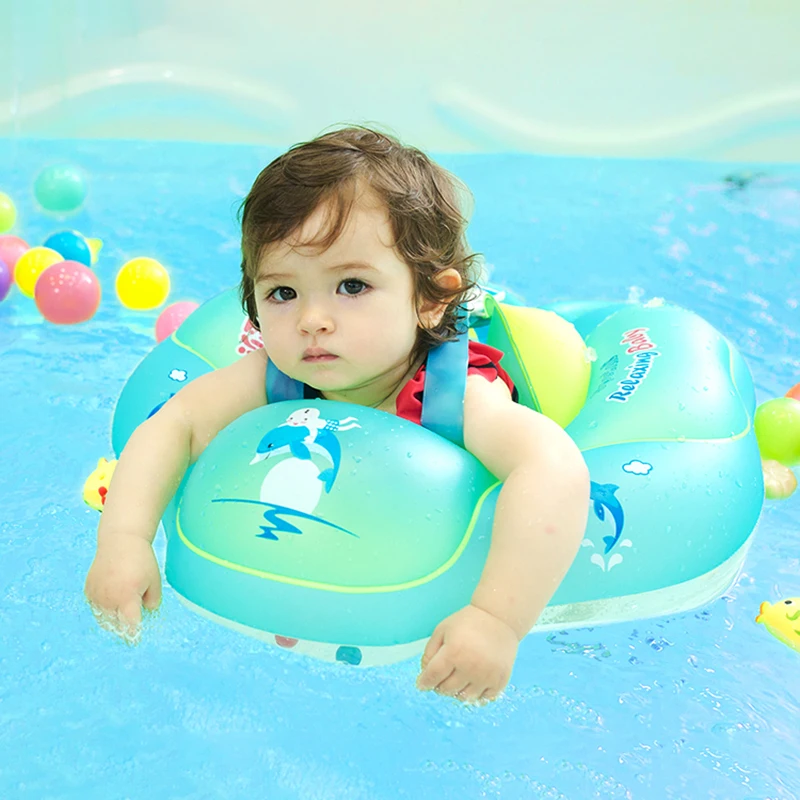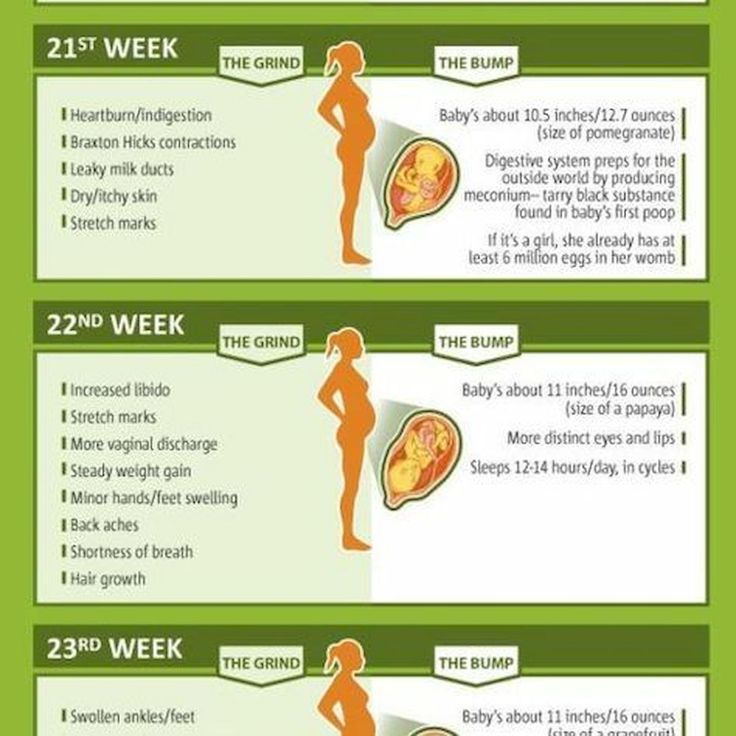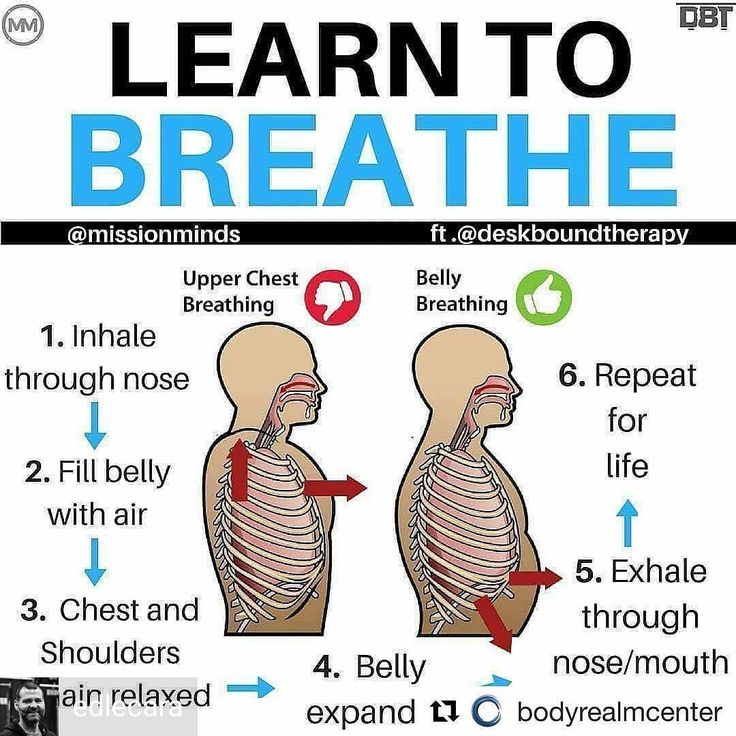How does the child in time end
'The Child in Time' Recap
The Child in Time is one of those dramas that doesn’t turn out to be quite the story you think it is. On the surface, it’s a tale about a lost child. But, it also isn’t, in the most basic sense. The drama isn’t about the search for the missing Kate and it (spoiler alert!) offers little resolution about what happened to her. Her parents (spoiler alert, again!) don’t get her back. There’s no happy ending. She remains forever apart, both present and absent, a Schroedinger’s cat of a girl who is somehow both alive and dead for the purposes of this narrative. If you were looking for a crime thriller, a dramatic mystery or even a linear story that makes sense, you’re surely bound to be disappointed here.
Instead, The Child in Time is a meditation on loss and grief, telling the story of what it takes to move past the worst thing that’s ever happened to you. In short: It’s kind of a lot for an evening on Easter Sunday, though those that stick through it may find the performances contained within worthwhile. (Or, at least, I did.) The acting is top notch and the emotions feel gut-wrenchingly real. However, if you find yourself wishing the story perhaps spent a bit more time on Kate herself or the particulars behind her disappearance rather than the gamut of British political thought about child rearing or a weirdo subplot about a grown man’s descent into what appears to be childlike madness, trust me, you’re not alone.
The story of The Child in Time opens with a terrible loss, and it closes with the idea that survival – even renewal – is possible. Along the way, however, you’re likely to feel rather confused, as the narrative ricochets back and forth through time and keeps veering off to focus on a set of bizarre secondary characters or debate the meaning of childhood. In the end, the story probably would have been better served not only by a more linear narrative, but a clearer focus. Whenever The Child in Time centers on Stephen, his wife Julie or their relationship in the wake of their daughter’s disappearance, it’s riveting, gut-wrenching stuff.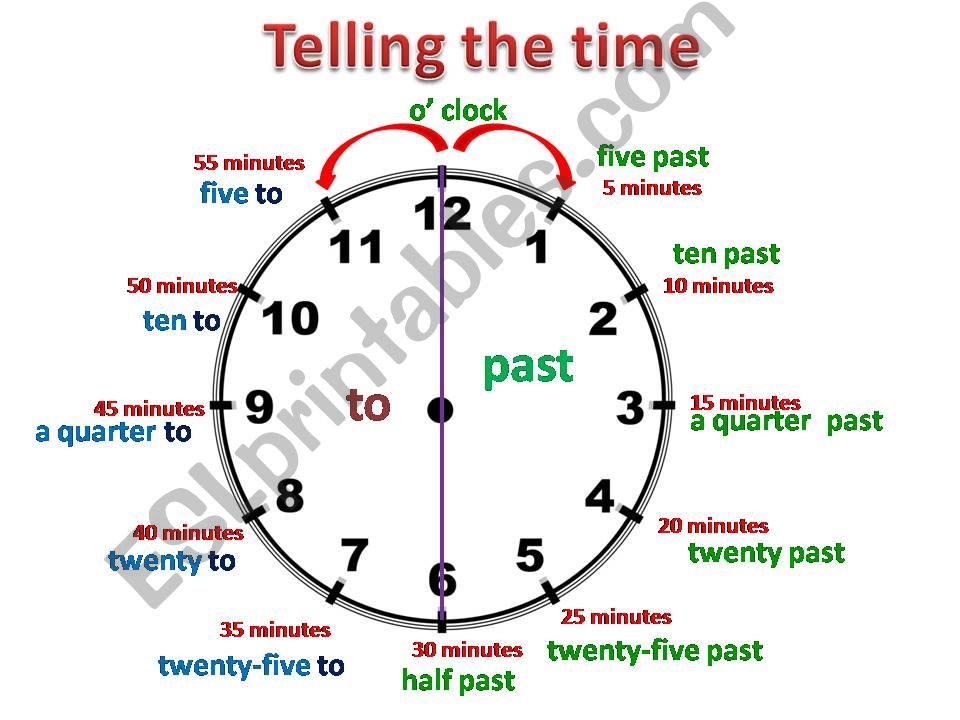 It’s just that there’s so much of everything else, and that all tends to gravitate toward the confusing or dull. It’s a mixed bag, this story, and I’m probably not the only one who doesn’t quite know how to feel about it. (To be honest: I want to like it. I just…don’t think that I do.)
It’s just that there’s so much of everything else, and that all tends to gravitate toward the confusing or dull. It’s a mixed bag, this story, and I’m probably not the only one who doesn’t quite know how to feel about it. (To be honest: I want to like it. I just…don’t think that I do.)
The series opens with its most gripping segment, as Stephen Lewis, a children’s author and devoted father, loses track of his daughter while shopping in a local supermarket. It’s every parent’s worst nightmare and Benedict Cumberbatch conveys the anguish and panic of the moment with what feels like horrifying accuracy. Within the first ten minutes of the story, we must watch Stephen realize his child is missing, frantically beg a surrounding crowd for the slightest hint of a girl in a yellow coat, and then resolutely break the news to his wife (the generally phenomenal Kelly Macdonald) that their daughter is gone. Not just that she's gone, but that he has, in the strictest sense, lost her.
Not just that she's gone, but that he has, in the strictest sense, lost her.
The Child in Time is at its most effective when it focuses on the story’s grieving parents. It conveys the despair, rage and guilt each feels effortlessly and manages to show us the ultimate dissolution of their relationship without having to explain each step. Of course Stephen feels guilty and responsible. And you can really fault Julie for blaming her husband for Kate’s disappearance – after all, he left the house with her, and came back without her. None of these emotions are necessarily correct or fair, but they feel reasonable and understandable. As the story unspools and three years pass, it even makes a certain amount of sense that the two would be drawn back together, as the problems in their marriage never seemed to have much to do with their feelings for one another. As Stephen and Julie tentatively rekindle their relationship – he visits her oceanside cottage, she begins teaching him to play piano – it’s hard not to root for the two of them to work things out, since we’re (nearly simultaneously) watching them lose everything.
However, The Child in Time doesn’t spend as much time as it probably should on Stephen and Julie’s relationship in the years following Kate’s disappearance. Instead, the story expands to include a political angle that pretty much zero people asked for. Somehow, Stephen’s role as a celebrated children’s author has earned him a spot on some kind of government committee related to childcare. Why this should be so is an utter mystery as, besides writing books aimed at children and at one point having had a child himself, Stephen appears to have little in the way of professional qualifications on this issue. All I can say is I hope that J.K. Rowling is on some sort of government board somewhere if all it takes to influence child policy in England is literary success.
Benedict Cumberbatch in "The Child in Time" (Photo: Courtesy of Pinewood Television, SunnyMarch TV and MASTERPIECE for BBC One and MASTERPIECE)The Child in Time’s other major subplot involves Stephen’s best friend Charles Darke. A junior government minister who’s just written some kind of – presumably horrible – parody novel, Charles is nevertheless somehow important enough that the Prime Minister himself is concerned when he starts having what appears to be a massive mental breakdown. (The PM even asks Stephen himself to see to Charles and his condition, because I guess the head of the British government doesn’t have access to, oh, mental health professionals, or anything like that.)
A junior government minister who’s just written some kind of – presumably horrible – parody novel, Charles is nevertheless somehow important enough that the Prime Minister himself is concerned when he starts having what appears to be a massive mental breakdown. (The PM even asks Stephen himself to see to Charles and his condition, because I guess the head of the British government doesn’t have access to, oh, mental health professionals, or anything like that.)
At any rate, Charles appears to be suffering from some kind of delusion which causes him to see himself as a child again – or at least behave as one. We’re treated to multiple scenes of Charles hiding out in his adult tree fort, wearing ragged clothes and drinking what appears to be his own urine out of bottles he keeps handy. And for some reason his wife just…supports all of this! I know that my reaction probably shouldn’t have been to laugh when Thelma when outside to call her husband inside at the end of the day by flicking the back porch light on an off, but I couldn’t help myself. I have no idea what I’m supposed to take away from this part of the story at all.
I have no idea what I’m supposed to take away from this part of the story at all.
I’m told that the novel The Child in Time is based on uses these characters as sort of a basis to explore larger fantastical issues like the fluidity of time itself or something like that, but man, this show does not do that at all. Maybe I’m supposed to extrapolate that Charles’ regression into childhood is some kind of metaphor for the struggle within all of us against the suffocating blanket of adulthood, but why? Why is the point not that this man needs some therapy and a strong dose of Prozac? What is this story even trying to say? (I’m serious, someone explain all this to me in the comments. Because I feel lost.)
Kelly Macdonald in "The Child in Time" (Photo: Courtesy of Pinewood Television, SunnyMarch TV and MASTERPIECE for BBC One and MASTERPIECE)In the midst of all this, Stephen is still seeing visions of his daughter everywhere, and at one point even goes so far as to follow a little girl into a school, convinced she’s his missing child. It’s only after an incredibly awkward conversation with the school faculty that he realizes she isn’t, and breaks down crying. Cumberbatch, it must be said, is a horrendously ugly crier, but I appreciate that he just leans into the raw emotion, complete with snot and full body sobs. By the time we get to the point where Stephen is sending his daughter messages using a walkie talkie set from a Christmas gift pile she wasn’t around to see, we’re all sniffling too.
It’s only after an incredibly awkward conversation with the school faculty that he realizes she isn’t, and breaks down crying. Cumberbatch, it must be said, is a horrendously ugly crier, but I appreciate that he just leans into the raw emotion, complete with snot and full body sobs. By the time we get to the point where Stephen is sending his daughter messages using a walkie talkie set from a Christmas gift pile she wasn’t around to see, we’re all sniffling too.
Despite these powerful individual moments, which really play up the pain and yearning of a parent who has lost everything, the ending of The Child in Time isn’t entirely satisfying. As previously mentioned, we never find out what happened to Kate, and neither do her parents. Instead, they just go on, in both a literal and figurative fashion. Because Julie, as it turns out, is pregnant.
To be honest, this story – Julie’s pregnancy and her decision to have another child with Stephen in the first place – would have been roughly 100 times more interesting than watching multiple scenes of Charles playing imaginary cops and robbers and eventually hanging himself (why??) in the woods, but alas, here’s where the story ends, with the knowledge that it simply goes on. Life goes on. The Lewises have a son together, Julie refers to Stephen openly as her husband to the nurses – implying, I assume, that their relationship will also get something of a fresh start as well. But, nothing’s confirmed and it’s all a bit choose your own adventure in the end. Which isn’t a bad metaphor for life, all things considered, but personally I’d prefer my dramas to make a little more sense.
Life goes on. The Lewises have a son together, Julie refers to Stephen openly as her husband to the nurses – implying, I assume, that their relationship will also get something of a fresh start as well. But, nothing’s confirmed and it’s all a bit choose your own adventure in the end. Which isn’t a bad metaphor for life, all things considered, but personally I’d prefer my dramas to make a little more sense.
What did you think of The Child in Time? Let’s discuss.
The Child In Time: Benedict Cumberatch's 'confusing' drama explained
Some viewers of The Child In Time found difficulty understanding the past and present narratives of the show (Pinewood Television/SunnyMarch)Benedict Cumerbatch’s drama The Child In Time drama has left some viewers completely dumbfounded, complaining that they were unable to follow the storyline(s) and confused about ‘what was going on’ in the new one-off drama.
exclusive Gordon Ramsay hits back at Lord Alan Sugar's accusations show 'ripped off' The Apprentice
The Child In Time, in a nutshell, followed a young couple who split up and struggle to maintain a relationship after their child goes missing, as an uncertain future lies ahead.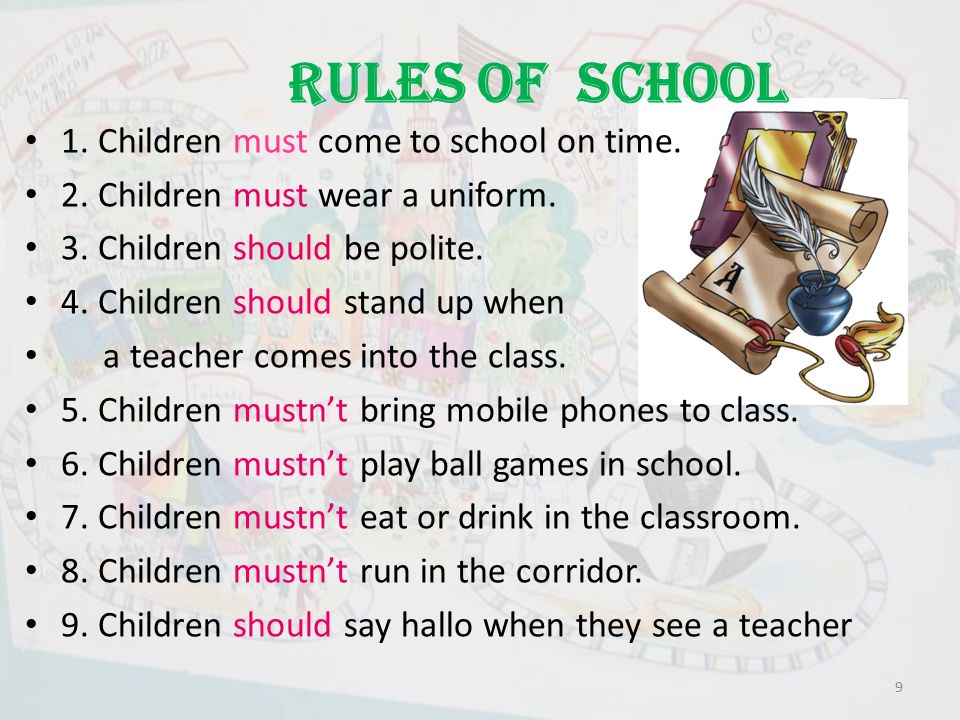
The 90-minute special offered a straightforward concept that could easily have happened in reality: man loses child. Man’s wife resents him. Man and wife split up after argument, stress and blame tear them apart. Both man and wife are faced with an uncertain future.
The thing is, a drama show such as The Child In Time requires concentration and, to some degree, patience. A romping journey through violence, flashes and high octane explosions it is not.
Sorry, this video isn't available any more.
If you wanted to avoid the ‘dullness’ of a ‘slow moving’ drama about abduction and the consequences on parents, then maybe something packed with instant gratification is more suited to you.
Cleverly the show was split between two narrative stories to show how the past affects the future and how all actions have reactions. But the narratives of past and present used are concepts that creep up in our day to day lives. You know – what happened yesterday, and what is happening at the moment. Some people even like to look at what may happen tomorrow.
Some people even like to look at what may happen tomorrow.
Let’s look at how this concept of time works in this particular story.
Sometimes it takes ‘time’ for a story to unfold (Pinewood Television/SunnyMarch)
While the show itself makes a reference to time in its name, and viewers are faced with the daunting task of following the past and the present in tandem, there is no time travel whatsoever.
That’s another BBC series that you should be watching (although Benedict could possibly make a good Doctor).
Contrary to what some publications hinted to in the run up to the show, the story travels between two separate time periods. The subject matter itself does not include any travelling through time. The only time travel is in the way the story is told in two time periods– and not the story’s subject matter.
Benedict’s take on the Ian McKewan classic novel brought to life the consequences of a painful subject that can take a long time to get over (Picture: Charlie Best/BBC)
The drama opens with the main crux of the story – the child’s disappearance. Fade to black and we are faced with Stephen (Cumberbatch), three years on, still struggling to come to terms with the disappearance of his daughter. The bedroom is the same, he still thinks he can see her.
Fade to black and we are faced with Stephen (Cumberbatch), three years on, still struggling to come to terms with the disappearance of his daughter. The bedroom is the same, he still thinks he can see her.
Time has moved on (yes people, it does) and while Benedict has struggled to let go of her memory, his wife has separated from him and moved to a remote cottage on the coast.
Meanwhile, Stephen is still haunted by the memories of his daughter and the blame he placed on himself, making him do outlandish things such as following a girl into school, who he is mistakenly convinced is his daughter.
More: TV
The show was called The Child In Time, because it looks at the lasting effects that a missing child can have on parents – with some unable to let go, no matter how much time passes.
The consequences (and repercussions) of such earth shattering news would surely take time to get over. It would take time to fade the memory of your lost child. It would take time for your life to return to some sort of normality.
It is only right that they called The Child In Time its name and it was an honest and at times painful look at how time isn’t always ‘the best healer’.
MORE : Benedict Cumberbatch’s BBC drama The Child In Time baffles viewers who label it ‘dull’ and ‘pretentious’
MORE : The Child In Time: Benedict Cumberbatch excels as an ordinary parent slipping towards the edge
Meaning of the movie Child in time
Home » Meaning of the movie
Meaning of the movie
Author orfeus Reading 4 min Posted by Updated
The plot of the film takes place in the family of the popular children's writer Stephen Lewis. A loving father goes to the supermarket with his four-year-old daughter Kate. The girl walked away for a second while dad paid for the purchases. After taking the packages, Stephen looks around and realizes that the child has disappeared. He rushes around the street and the store, but no one has seen Kate. Perhaps this is the worst thing that can happen to a loving parent. Lose the child that was just next to you. Where could Kate have gone? Why didn't anyone see where the girl went? The meaning of the film will be revealed gradually and, perhaps, everyone will understand it in their own way. nine0003
After taking the packages, Stephen looks around and realizes that the child has disappeared. He rushes around the street and the store, but no one has seen Kate. Perhaps this is the worst thing that can happen to a loving parent. Lose the child that was just next to you. Where could Kate have gone? Why didn't anyone see where the girl went? The meaning of the film will be revealed gradually and, perhaps, everyone will understand it in their own way. nine0003
Julie is waiting for her father and daughter at home. She doesn't know anything yet. The news shocks her and she becomes depressed. Every mother will understand Julia, because she lost her only daughter. She doesn't even know if Kate is alive. Endlessly stretching time, hope for good luck. But all searches for the girl are fruitless.
As time goes by, Julia tries to accept this situation. On a subconscious level, she still blames Stephen for not looking after his daughter and losing her. As a result, their marriage does not withstand such a cruel test of fate and the spouses disperse.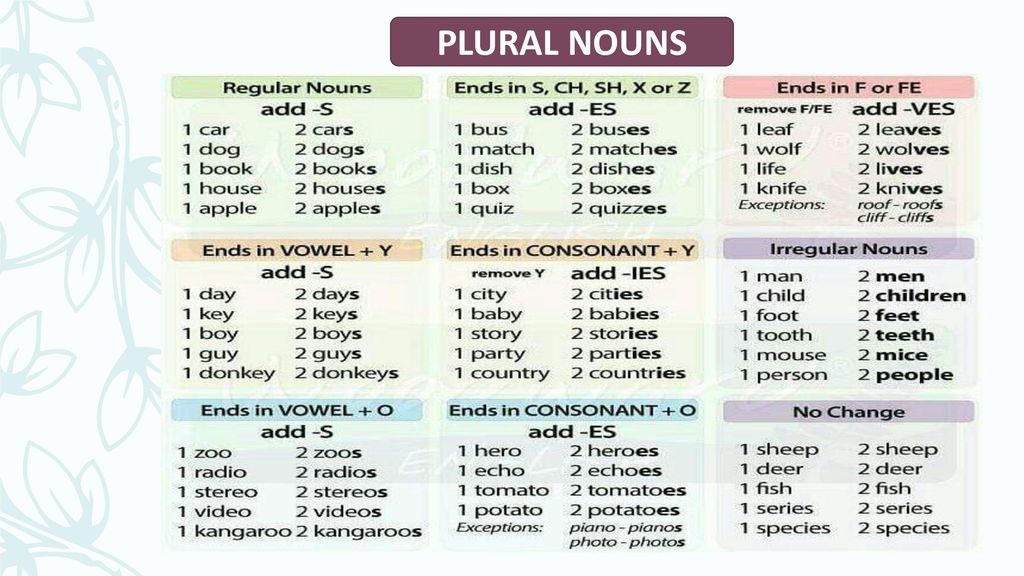 Julia leaves to live in a small village by the sea and tries to start a new life. nine0003
Julia leaves to live in a small village by the sea and tries to start a new life. nine0003
Stephen does not lose hope of finding his little daughter. He kept her room the way it was. Every Christmas he decorates the tree and puts gifts under it. From time to time, he seems to see Kate in a yellow raincoat, in which she was on that fateful day.
However, the next test awaits the writer. Stephen's best friend, Charles, who has always helped him in publishing books and supported him in everything, decides to retire. With his wife Thelma, they move into their own house near the forest. This news upsets Stephen, because he already has a very difficult period in his life. Charles and his wife were very close to the writer. And now he is left alone. He is in complete bewilderment why his friend so abruptly decided to leave and move away from the civilized world. Yes, a lot has changed at work, Charles's views did not coincide with the opinion of management. Could he have found the only way out? nine0003
Meanwhile, Stephen arrives in the village to see Julia.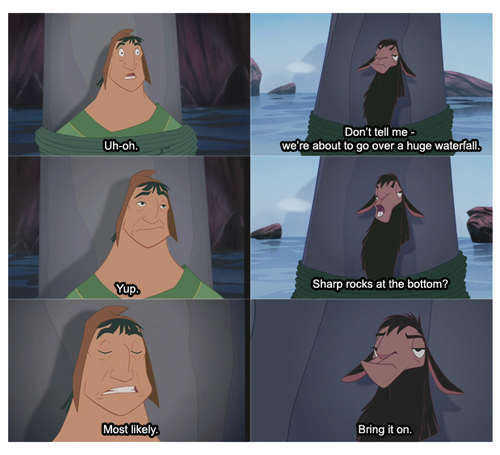 In search of her home, he comes to a small pub. In the window, he notices a girl who looks at him and smiles. Steven has a strange feeling. He's sure he's been here before, but he doesn't remember it himself. And it remains in his thoughts until he meets his own parents.
In search of her home, he comes to a small pub. In the window, he notices a girl who looks at him and smiles. Steven has a strange feeling. He's sure he's been here before, but he doesn't remember it himself. And it remains in his thoughts until he meets his own parents.
The meaning of the film "Child in Time" is partially revealed by Stephen's mother. She remembered visiting this pub when she was pregnant. It was a difficult time and then she doubted whether she should have a child. But then the mother explains that at one moment she saw her future son in the window and all doubts were immediately dispelled. It turns out that they saw each other at different times? Steven, a grown man, turned out to be the same child in time for his mother. nine0003
Later, Stephen decides to visit his best friend. Arriving to him, he finds a strange picture. Charles runs through the woods, climbs trees like a boy, and drinks urine from a bottle in a built lair. It seems that he gave free rein to his inner child, who at one time was largely limited.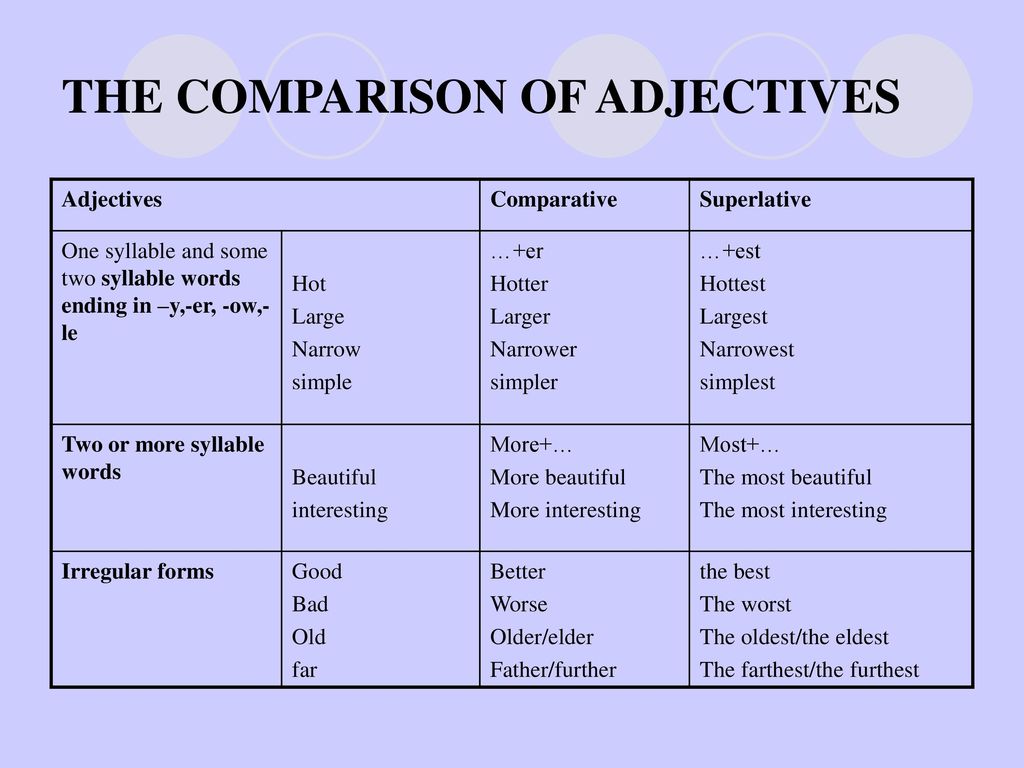 Or the change in Charles' behavior is also one of the explanations for the film. In a way, he is that child in time, only now an adult ... Unfortunately, Charles does not cope with his game and commits suicide without leaving any explanation. nine0003
Or the change in Charles' behavior is also one of the explanations for the film. In a way, he is that child in time, only now an adult ... Unfortunately, Charles does not cope with his game and commits suicide without leaving any explanation. nine0003
The meaning of the Child in Time ending is ambiguous. Julia tells the good news to her husband. She calls her husband already from the hospital and it turns out that they are about to have a son. Both Stephen and Julia once saw a mysterious boy in their lives who disappeared as suddenly as he appeared. Is this really the boy and he returned to them? Is this the child in time? The life of the spouses still continues, through the pain and loss of the eldest daughter. She has never been found, but the parents will still believe that Kate is alive and loved. At least by their own parents - Stephen and Julia. nine0003
Write in the comments your meaning of the movie A Child in Time. We look forward to waiting!
https://youtu.be/54GqD0oNciE
Julian Farino
"Child in Time": a weary adaptation of a brilliant novel
McEwan's penetrating novel was written in the 1980s, against the backdrop of Margaret Thatcher's disastrous reforms, educational restructuring, and clever but futile attempts to control poverty and unemployment.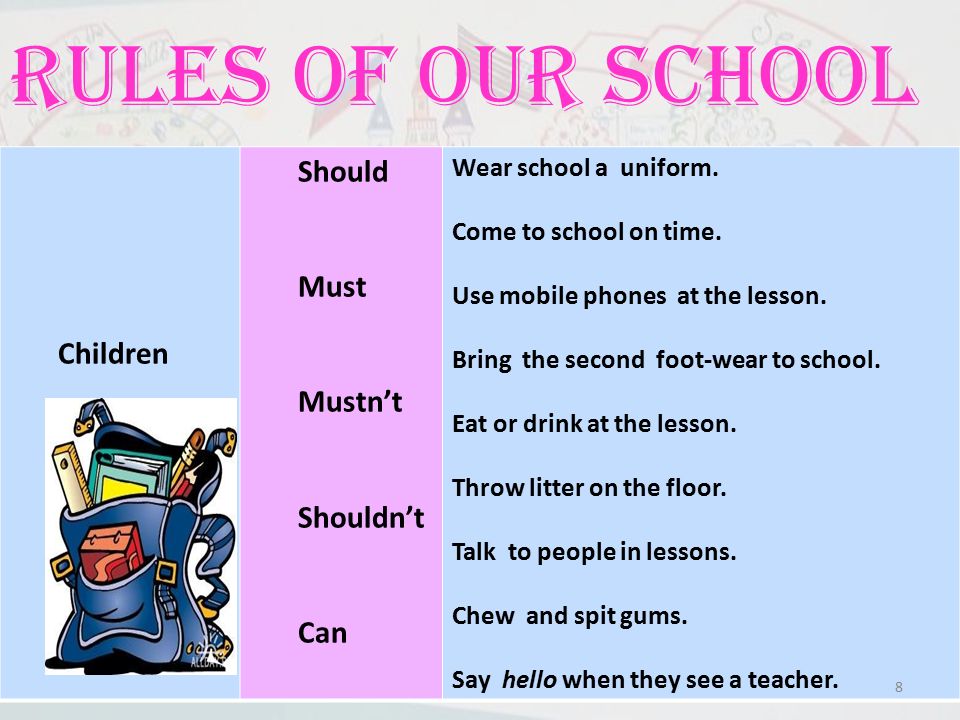 In the ideological and situational landscape, which the author depicts on the pages of his work, one can feel the spirit of the times, its inexorable, accelerating run, introducing an ordinary person into a stupor. Each individual cannot keep up with what is happening, comprehend it. And he is unconsciously afraid that he is alone in this. Having barely managed to put into words one’s own feelings from something important, one comes to understand that life is moving forward, and one should, immediately abandoning all reflection, run after the future without looking back, because there is a high probability of not being in time and forever remaining on the sidelines, hanging between bright past and incomprehensible present. nine0003
In the ideological and situational landscape, which the author depicts on the pages of his work, one can feel the spirit of the times, its inexorable, accelerating run, introducing an ordinary person into a stupor. Each individual cannot keep up with what is happening, comprehend it. And he is unconsciously afraid that he is alone in this. Having barely managed to put into words one’s own feelings from something important, one comes to understand that life is moving forward, and one should, immediately abandoning all reflection, run after the future without looking back, because there is a high probability of not being in time and forever remaining on the sidelines, hanging between bright past and incomprehensible present. nine0003
The film adaptation, created thirty years later, when it was time to comprehend a largely similar round of the next restructuring at new speeds and qualitatively different processes that have much more in common with virtuality and speculation than with reality, seemed to have every chance of emphasizing the timelessness of McEwan's creation and discover new depths in it.
However, this did not happen. Directed by Julian Farino and written by Stephen Butchard, they take the sharp and intense experiences of the heroes of the eighties as a basis, transferring events to the modern era and, at the same time, depriving what is happening of any drama. Symptomatic and sad, but nonetheless true enough: in the world of today, electrified by sensations and apocalyptic scenarios that follow each other at the speed of the second hand of the clock, there is no place for tragedies and existential crises. They paint the dullness of everyday life in a somewhat darker tone for the direct participants in the drama, but even they are not able to capture seriously. The process of going through the crisis and living through it now and then is forcibly stopped and stopped - either by endless calls on the mobile, or by a lively discussion of the grief of two people on Instagram. Time stops - but after a pause it does not continue, but starts its run from scratch. nine0003
Be that as it may, changing the scenery and accurately depicting what the tragedy of Stephen and Julia would look like today does not relieve the creators of the responsibility for the intelligibility of what he portrays. Benedict Cumberbatch, who, frankly, is not very suitable for the role of a native of the working class, nevertheless adequately coped with the task. True, in the visual range there are now and then references to earlier works with the participation of the actor, which is confusing - after all, here we are not talking about lightweight fiction where you need to fill in the voids, but about a multifaceted narrative full of psychologism. Kelly MacDonald, who played Stephen's wife, heartbroken from the disappearance of a child, is a little too restrained in places, but in some ways she frankly overacts. But even this is not particularly noticeable in the context of the relationship between two people close to each other, who in an instant lost an invisible connecting link. nine0003
What is frankly striking is the literal reduction of the image of Thelma, the wife of Stephen's best friend. According to the novel, it was she who was able to reveal to the inconsolable Stephen new meanings of his existence, to find words that, ironically, would reconcile him with the finality of the loss, placing it outside of time. But in the film, she is no longer a wife, but only a nanny or mother to Charles, who has fallen into childhood. With all due respect to the talent of Stephen Campbell Moore, who played the role of Charles, one cannot but complain about the one-dimensional image he created on the screen. And this is not about acting, Moore moves perfectly in the frame, does somersaults that would shame more than one city boy ... It’s just that his condition is much deeper than simple escapism or even fooling around. nine0003
But in the film, she is no longer a wife, but only a nanny or mother to Charles, who has fallen into childhood. With all due respect to the talent of Stephen Campbell Moore, who played the role of Charles, one cannot but complain about the one-dimensional image he created on the screen. And this is not about acting, Moore moves perfectly in the frame, does somersaults that would shame more than one city boy ... It’s just that his condition is much deeper than simple escapism or even fooling around. nine0003
McEwan sympathizes with Charles. If Thelma was able to help Stephen intellectually, then it was Charles who was able to emotionally tap into Stephen's true fears, disarmed in the face of frightening changes happening to a dear friend. The scene by the tree when Stephen is overwhelmed with mixed feelings (on the one hand he sees that Charles in his current state is a defenseless child, on the other hand he is overcome by unconscious envy - Charles is more complete in his childishness than Stephen ever) is significantly reworked and reduced to a conversation, after which its participants disagree in the consciousness of their own rightness and nothing more.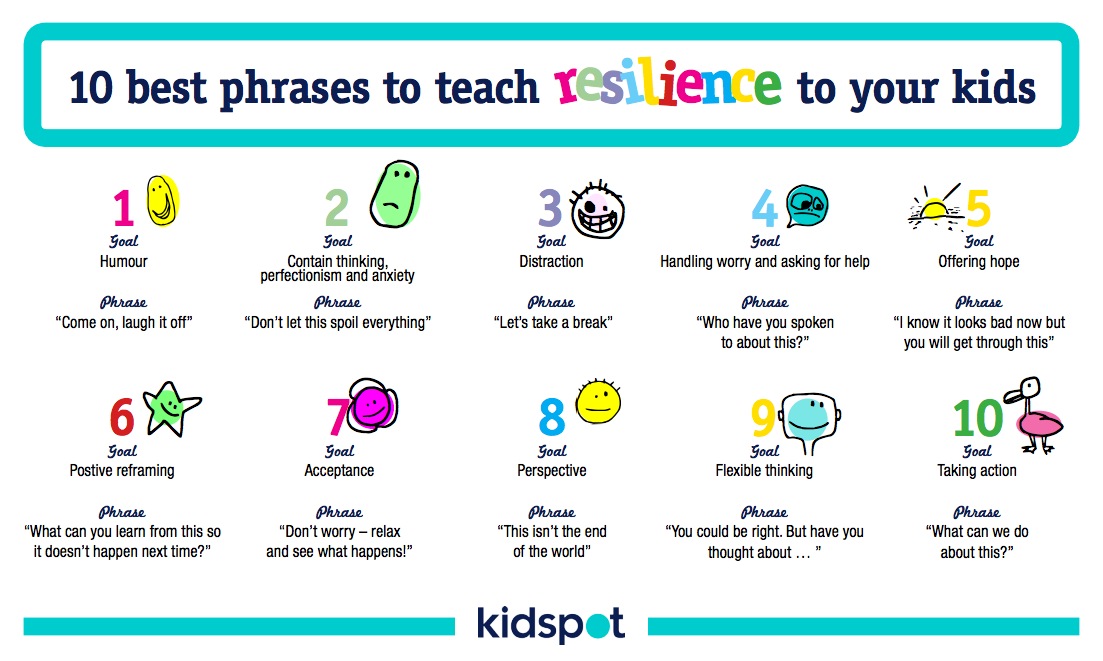 Through the efforts of the director and screenwriter, Charles turns into a freak, actively looking for "age play" and satisfaction of his not quite healthy needs, while for the author he is a hostage of his own past, a prisoner of his current body, a romantic, seeking freedom in the least destructive way of those that exist in the arsenal of a conditionally rational person. nine0003
Through the efforts of the director and screenwriter, Charles turns into a freak, actively looking for "age play" and satisfaction of his not quite healthy needs, while for the author he is a hostage of his own past, a prisoner of his current body, a romantic, seeking freedom in the least destructive way of those that exist in the arsenal of a conditionally rational person. nine0003
Separate tenderness, mixed with bewilderment, evokes the decision to replace the female figure of the prime minister with a male one. The writer, obviously, without deducing Thatcher directly in the novel, addressed his reproaches to her, putting the lady in the chair of the head of the cabinet of ministers. Perhaps to make the thousands of unwitting parallels between present and past less obvious, the BBC has decided not to multiply unflattering similarities and instead avoid criticism where possible.
Stephen's parents, as well as his communication with them, are presented in such a superficial way that, without reading the books, it is impossible to understand in whose hands the explanation and solution of flashbacks is, and Stephen's reflection is interspersed with them every now and then.
